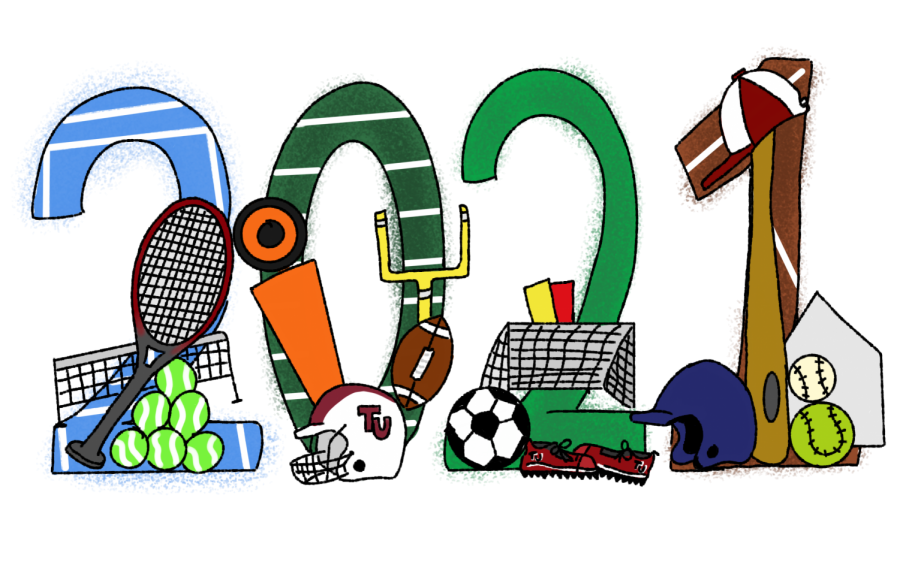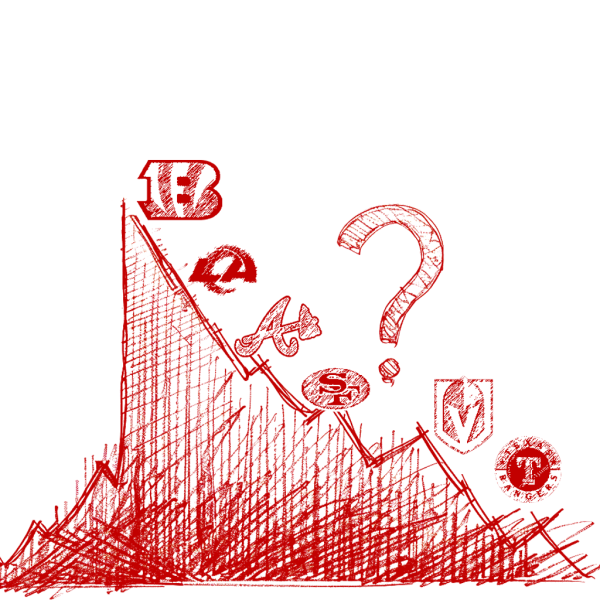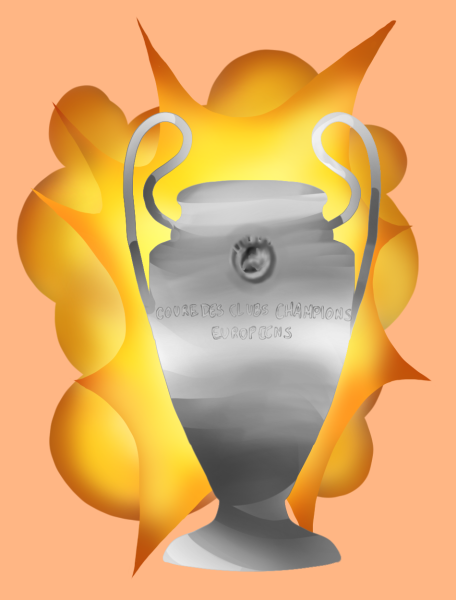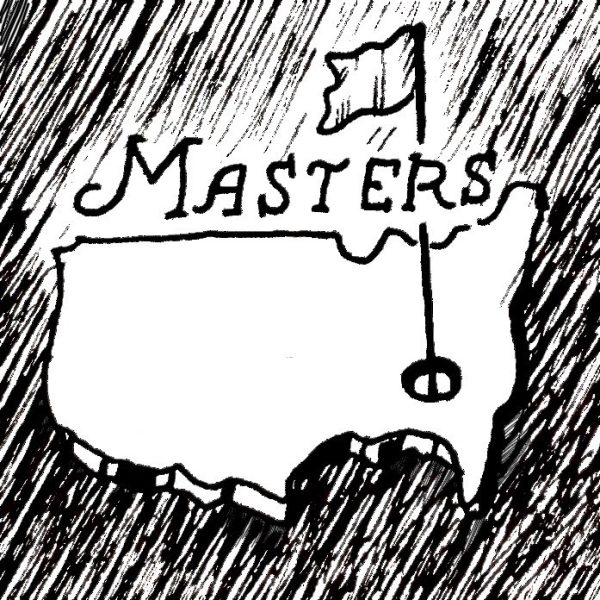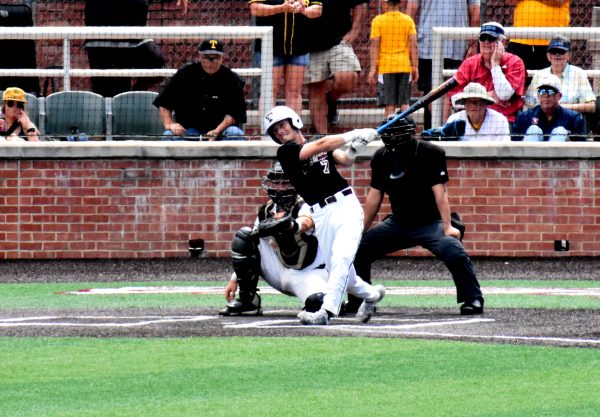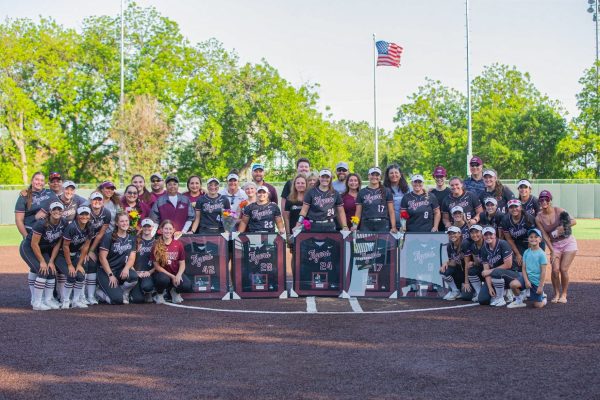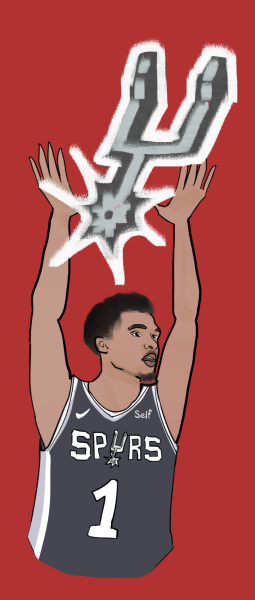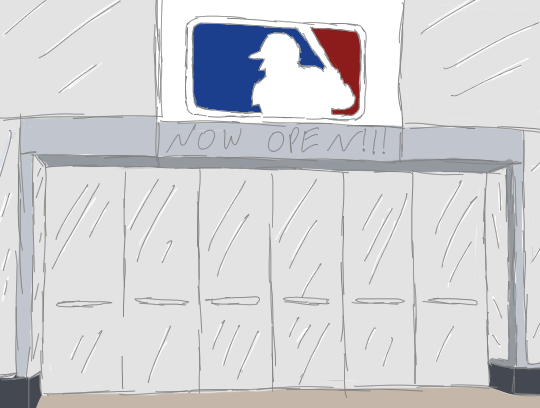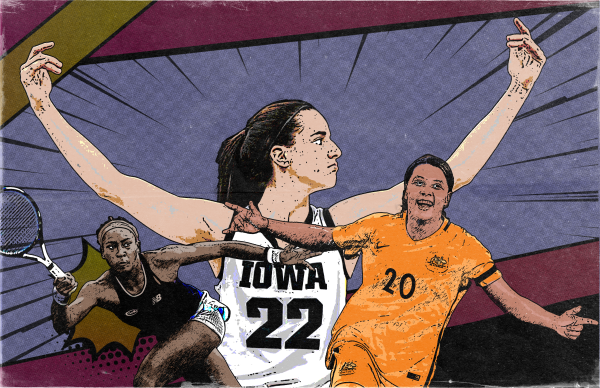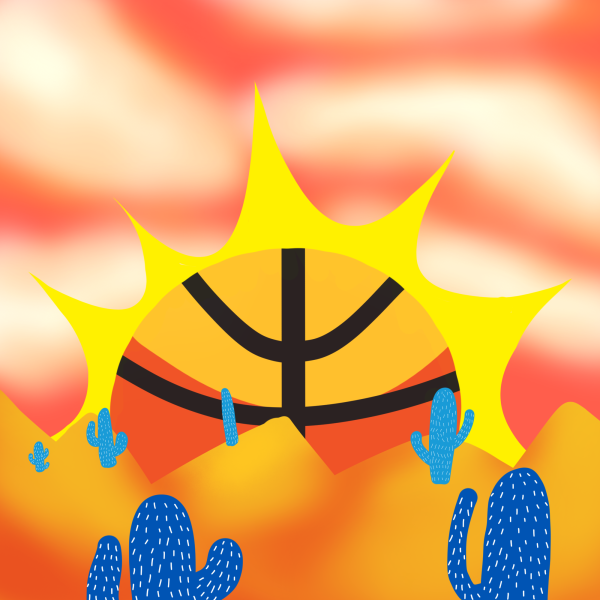Tigers competing for first time since March 2020
Athletics will continue despite shift to virtual classes at start of spring semester
After 10 long months of ominously empty gyms and harrowingly quiet fields, the Tigers are almost back in action. The men’s and women’s basketball teams are in Houston to face the University of St. Thomas tonight and Saturday while the men’s tennis team hosts Rice University on Saturday, marking the first intercollegiate athletic events for any of Trinity’s teams since March of 2020.
The long awaited return for Trinity sports comes amidst a still raging COVID-19 pandemic. In Bexar County, 1,407 patients are currently in the hospital with COVID-19, and San Antonio Mayor Ron Nirenberg reported 1,829 new COVID-19 cases on Thursday night. Numbers like these across San Antonio prompted an email from President Danny Anderson to students announcing that between Jan. 25 and Feb. 8, classes and activities will be conducted virtually for all students. Despite the partial closure of campus, Anderson highlighted two main exceptions, one of which directly impacts athletics.
“Student researchers and athletes will be allowed to continue with highly-supervised activities in keeping with the rigorous health and testing plans established for these areas of student life,” Anderson stated in his email announcement.
This means that while students take classes online, student-athletes will still get to compete in person. Tess Coody-Anders, Vice President for Strategic Communications and Marketing, explained the University’s rationale for allowing sports to resume while classes remain virtual.
“Student-athletes and almost all research students are already back on campus; both will continue their activities,” Coody-Anders said. “All students have undergone two weeks of rapid as well as PCR testing with an exceptionally good positivity rate. Coaches and athletics leadership worked with Academic Affairs to develop a rigorous health and safety plan and testing process above and beyond that which the general student population participates in.”
According to Head Athletic Trainer Marc Powell, testing for athletes will vary by sport based on recommendations from the National Collegiate Athletic Association (NCAA). On Dec. 11 2020, the NCAA released an updated document titled “Resocialization of Collegiate Sport: Developing Standards for Practice and Competition, Updated Second Edition,” in which suggested safety protocols for athletic programs are detailed. Key recommendations include universal mask-wearing except during gameplay, Polymerase Chain Reaction (PCR) testing with results available within 72 hours of competition in high contact sports and daily self-health checks performed by student-athletes as well as athletics personnel.
“Those [testing] results are reported to campus as part of our overall positivity rate,” Coody-Anders said. “In addition, this semester athletes will be subject to a higher frequency of testing (due to a resumption of practice and competition) and that will be reported to and across the Southern Collegiate Athletic Conference (SCAC).”
When the SCAC announced on July 16, 2020 that fall competition would be canceled due to safety concerns surrounding COVID-19, planning immediately began for a return in the spring. According to Justin Parker, Associate Director of Athletics and Sports Information Director, coaches, athletic directors and trainers across the conference deliberated for months to determine feasible schedules for fall, winter and spring sports to all compete at the same time in the spring of 2021.
“One of the things that we really looked at as we were moving forward and hoping to still play for the spring was we wanted to make sure that the conference was on the same page,” Parker said. “Fall and winter sports, those are conference only schedules for the most part.”
Compared to past years, most schedules are severely condensed. For example, Women’s Soccer will only play seven regular season games this spring — all against SCAC opponents — whereas typical seasons feature about 20 games. However, Head Women’s Soccer Coach Dylan Harrison made clear that playing any number of games is a victory.
“We’re ready to just have a chance to do what we love. We all love training, but the reality is we love training so we can compete, and to finally be able to do that, or at least have a belief that that’s coming up, I think we’re all beyond excited,” Harrison said.
For seniors especially, any games played this spring could be their last. While the NCAA recently granted an extra year of eligibility for fall and winter sport student-athletes, Harrison doesn’t expect any of his seniors to return next year.
“We wanted to go ahead and give our seniors a sense of a season that they feel that they can have some type of closure,” Harrison said. “I mean they’ve committed so much of their time and their energy to us as a university, and our program, and even their sport, and to give them a sense of competitive closure to it all is what we’re hoping for.”
Apart from the obstacles that the coronavirus presents, staging all 18 sports in one semester means that on any given day, various games could be taking place at the same time. While figuring out the logistics to make everything happen is no easy task, Parker claims he and the rest of the Department of Athletics are ready for the challenge.
“It makes us sound like crazy people, but we’re excited to get back to this and we’re excited to do all this,” Parker said. “In my job, there are a lot of other things that I can do besides events, but the truth is events are a lot of what I do. Not having that for a while, it’s like that itch. I’m sure it’s the same for the players. They’re competing, just competing in a different way than what I’m doing, but we’re all excited to get back.”
As 2020 and the first few weeks of 2021 have proven, things can change in a heartbeat. Positive cases within teams could cancel games, and worsening health conditions in the city could force spring sports to stop playing altogether. For now, the Department of Athletics and the University are both committed to ensuring sports resume this spring.
“We all consider athletics to be a part of your experience at Trinity, part of your education at Trinity,” Parker said. “The liberal arts education is so much about being well rounded and doing all of these great things, and we think athletics is a big part of that.”
Nothing over the past year has been normal, and it still may take awhile to return to the way things were before March of 2020. Schedules are shorter, the timing is different and as of now fans will not be allowed at any games. Despite the unusualness of the situation, Director of Athletics Bob King is determined to bring back what is such a large part of the Trinity experience.
“We feel like we have a responsibility to our student-athletes and coaches to provide the opportunity for them to compete, as long as we can do so safely,” King said. “Working under the guidelines of the NCAA with other member institutions from the SCAC and Southern Athletic Association (SAA), we feel like we have established testing and safety protocols that help us achieve that goal.”

